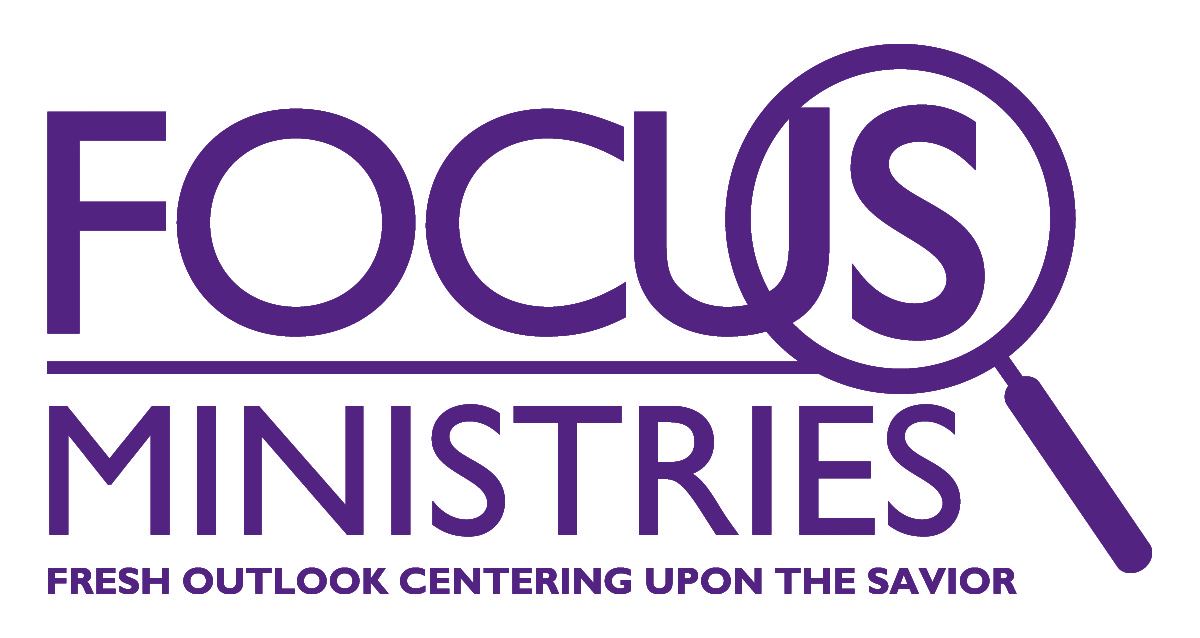Having just spent the last few days processing through the difficult months in Liberia, as the Samaritan’s Purse missionaries battled Ebola (along with the DART members deployed to help – the Disaster Assistance Response Team), this is my morning to debrief myself. It’s one of my best methods, as I write out what’s on my mind.
Here’s what’s been popping up in my head since yesterday. Ebola is an adjective. Yes, it’s a disease, and a horrific illness. I’m not minimizing the NOUN that is Ebola. However, for the Liberia Team, Ebola has become descriptive of the word HARD; even the word STRESS; and, it can even be paired with TRAUMA. Here’s an example of Ebola as an adjective: This has been a most difficult season for us; well, it has been “Ebola”. Just hearing the word, and if you were connected in any way, you simply nod. You know what that means. You know what you’ve seen, heard and smelled; you know the internal fear that threatens to choke; you know the numbness of putting one foot in front of the other and doing what has to be done to survive; and you’re aware of grief at the deepest levels. There’s no time to process Ebola-hard. You keep breathing, and holding on to threads of hope.
I’ve never experienced Ebola-hard. Not really. I’ll have to admit, I’m a chicken (with a capital “C”)! I’m glad I haven’t had to do so first hand. However, I was privileged to walk with those who have, and in a big way been honored to be present as the stories poured forth over days of debriefing. I’ve walked away with a firmer resolve that our stories matter. I say it a lot. I’ve said it before: Our stories matter. My story matters. When the experience of ebola-hard is in a lull, and we have permission to step out, move away, and look internally, it’s the telling of my story that will make a difference. As I have permission to share my story, without the platitudes (“just trust God”) or the desire to fix (“if you’d only…”), then I can heal from the death card Ebola-difficult dealt me (death of my ministry, death of friends, death of a dream, death of the culture I became immersed in, even death of my naivety).
It’s a lesson we all have to learn. In the telling of our stories, we find God-in-the-midst. We see Him present, at a time when He certainly felt distant. We remember the little things, when His hand poured forth a miracle just when we needed it: in the form of a Bible verse that sustained, and a sign of sickness being turned to health, or encouragement from a team member who shares frozen blueberries from home in the middle of Africa, instead of keeping them to herself. As others have said, “Just because it’s hard, it doesn’t mean God’s not there.” As C.S. Lewis closes one of his Narnia books the comment is made about Aslan, “He’s not safe, but He’s always good.” That’s what telling my story helps me remember. All of a sudden, God becomes the hero in the middle of Ebola-hard. When He does, I will find my soul being restored. Of course, it’s a process. It takes time. God knows that, too. So He’s good at “making me” lie down in green pastures, beside still waters, so He can finish restoring my soul. He loves me enough to give me that…



